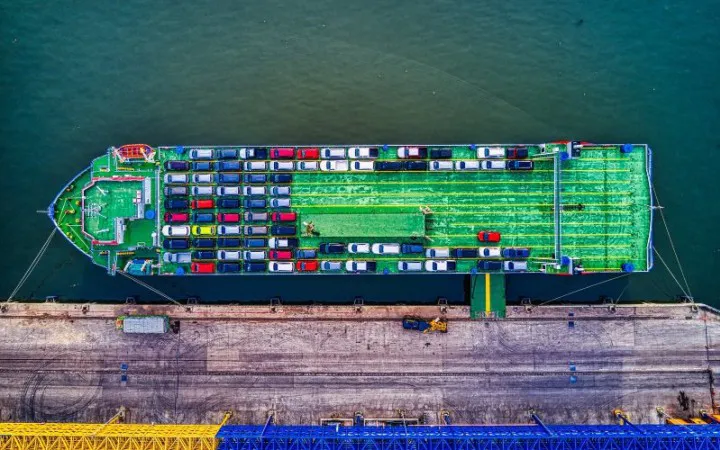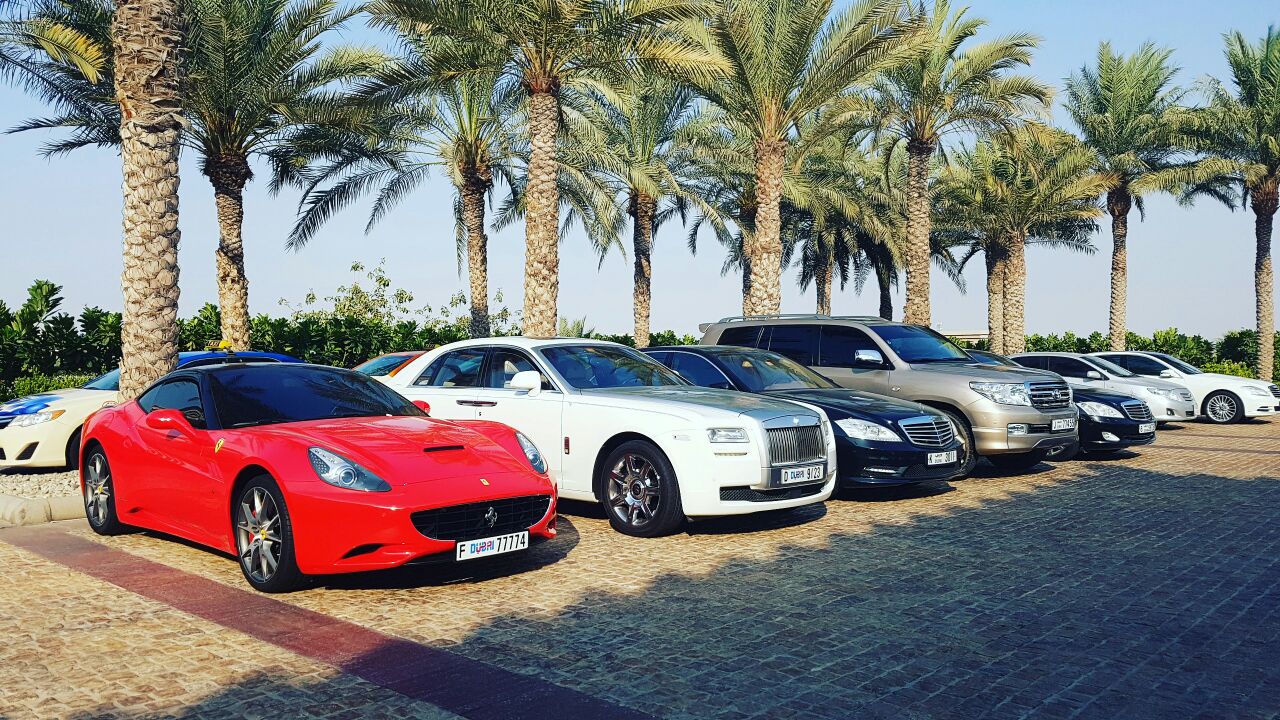Media

Automotive Logistics in Dubai: An industry rundown

Aside from its geographical location that stands as a gateway to the East and West trade lanes, Dubai also boasts an outstanding transportation infrastructure for goods and its growing population, giving the city a certain ring when it comes to automotive.
For the global players, Dubai’s automotive market is a lucrative and highly in-demand but also a very competitive sector. Optimizing your company’s supply chain strategy, together with top-notch customer service, is critical to winning in this industry.
Automotive suppliers looking to connect to the luxurious Dubai market surely benefit from understanding, not only the persona of their consumers but more importantly how can they deliver better by deeply understanding the logistics operations in the city. Let’s have a quick rundown on the automotive market in Dubai, particularly some insight into the challenges and trends in this particular market.
A rundown on the Automotive Logistics in Dubai
In 2018, Aranca reported that the Middle East's car parc (number of vehicles on the road) reached 21 million. These numbers include 1.03 million new passenger cars sold and 270,000 commercial vehicles. At the time of research, a forecast of 27 million vehicles are expected to get on the road by 2023.
What makes automotive companies attracted to Dubai, and UAE in general, are its policies for vehicular imports, low fuel costs, low import tariffs, high per capita disposable income, and favourable taxation structure. These factors boost the reputation of the country to be one of the most vibrant automotive markets in the Gulf.

Buying a car in the UAE is also relatively easy because of attractive financing and insurance options. And with the UAE’s strong diversion to more environmentally friendly practices across varied aspects, the adoption of hybrid and electric vehicles has also been increasing. Getting a percentage of share in this market growth, free trade zones in Dubai are the first place suppliers would want to look into.
Where is the current going for the automotive industry in Dubai?
One of the biggest logistical challenges for automotive companies is mitigating physical damage during transport and distribution. Body panels and windscreen glass are large, fragile parts, while many components need to stay pristine to work efficiently.
When it comes to this, your logistics partner’s supply chain compliance standards are imperative. From importing to warehousing and distribution to dealership, logistics compliance is vital to reducing risk.
Another critical challenge logistics managers face is identifying systemic pinch points, bottlenecks, and inefficiencies within the networks and trade lanes. Global and regional issues like the pandemic, fluctuations in demand, and recalls, are amongst the most common pinch points operators should look out for.
All these challenges from customs handling, distribution, or storage can all be mitigated through smarter logistics, such as using an integrated platform for data and processes across all stages of distribution, like RSA Global’s Click Eco-system.
Passenger cars will continue to dominate this market within the UAE, with an expected 80:20 split between the former and commercial vehicles. An increase in migration and investments associated with emigration from different countries will continue to fuel the light commercial vehicle market development. The demand for labor workers and tourism &hospitality activities will drive the demand for buses and minibusses in the UAE.

Another unchecked trend within Dubai is the explosive growth of luxury car ownership at 22,500+ units by 2019. Luxury car distribution has higher distribution standards, for obvious reasons. While many housing and infrastructure projects, that need additional transport and heavy-duty vehicles, are also expected to drive growth in the automotive industry in the future.
These notable trends make Dubai an even more profitable market on almost all fronts of automotive supply.
The Bottom Line
With the automotive market growing globally, automotive companies in Dubai are in for a bright future. To stay on top of the game, suppliers have to be keen about partnering with a experience logistics service provider within the UAE as the main strategy to maximize efficiency throughout the entire supply chain process. With the right approach, optimized automotive logistics and supply chain management can improve your capability to deliver to the market demands.



